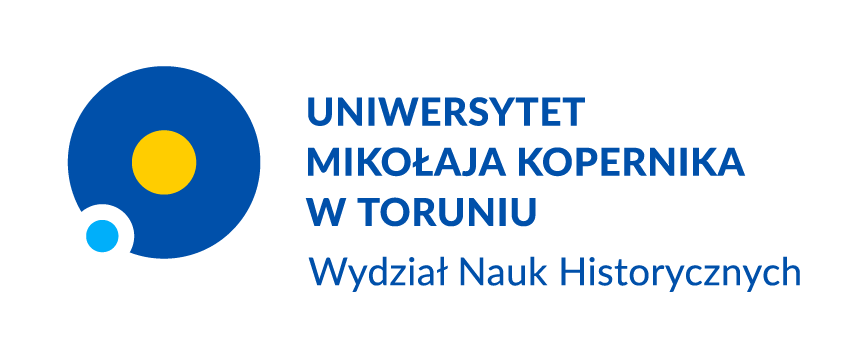![obrazek: Olaus Magnus - Carta Marina [fot. wikipedia.org] Zdjęcie ilustracyjne](http://www.umk.pl/wiadomosci/serwisy_wp/zdjecia/16838/srednie.jpg)
[Z POWODU PANDEMII COVID-19 WYDARZENIE ZOSTAŁO ODWOŁANE - MOŻLIWE, ŻE ODBĘDZIE SIĘ W INNYM TERMINIE]
Interdyscyplinarna Szkoła Doktorancka Academia Copernicana UMK oraz Szkoła Doktorska Nauk Humanistycznych, Teologicznych i Artystycznych Academia Artium Humaniorum UMK serdecznie zapraszają wszystkich zainteresowanych do udziału w wykładach prof. Kurta Villadsa Jensena z Uniwersytetu Sztokholmskiego, które odbędą się 5 maja 2020 r. w Collegium Humanisticum UMK w sali C.0.39:
Medieval Warfare – Can We Learn from It Today? – godz. 15.00
Conversion to Christianity around the Baltic: Some Methodological Considerations – godz. 17.15
Medieval Warfare – Can We Learn from It Today?
The attempts to regulate warfare are very old and can be found in ancient Greek and Roman sources, in the Bible and works of early Christian commentators. Authors of these texts tried to draw a distinction between just and unjust wars, but it was only in the mid-12th century, that these ideas were combined and developed into a consistent theory about legal and theological aspects of warfare. This theory has not changed fundamentally but is still discussed in all military academies in the Western world.
At the same time, there has been immense development in military technique, already in the Middle Ages and constantly, also today. But this does not seem to have influenced theories about warfare. We make war differently than in the Middle Ages, but we think about war in the same manner. Why is that?
The presentation will discuss theories about the war in the Middle Ages, and to which extent technical developments had any connection at all to the ideas about war.
Conversion to Christianity around the Baltic: Some Methodological Considerations
The conversion to Christianity in regions around the Baltic Sea was a prolonged process, from c. 1000 until almost 1400, or maybe even later depending upon how we define ‘conversion’. Most scholarly publications describing and analyzing this process are either too little differentiated – focusing on one area or one episode with little comparison to other – or they are too much differentiated and describe the conversion only as a process progressing over time. This is hardly sufficient, but what are the alternatives?
The presentation will discuss some major problems with studying conversion in the Baltic region. Some are related to time: there is asynchronicity in the sense that phenomena unfold at a different pace. Some are related to how we understand the dynamics in changing structures of power and ways of thinking: by force, by necessity, by negotiations. Some are related to how we understand religious systems, including Christianity: as exclusive or inclusive, as static or dynamic, as local or universal.
There will be no firm conclusion of the presentation, but several problems to be discussed, and a great number of concrete examples along with some illustrations.

 ul. Bojarskiego 1, 87-100 Toruń
ul. Bojarskiego 1, 87-100 Toruń